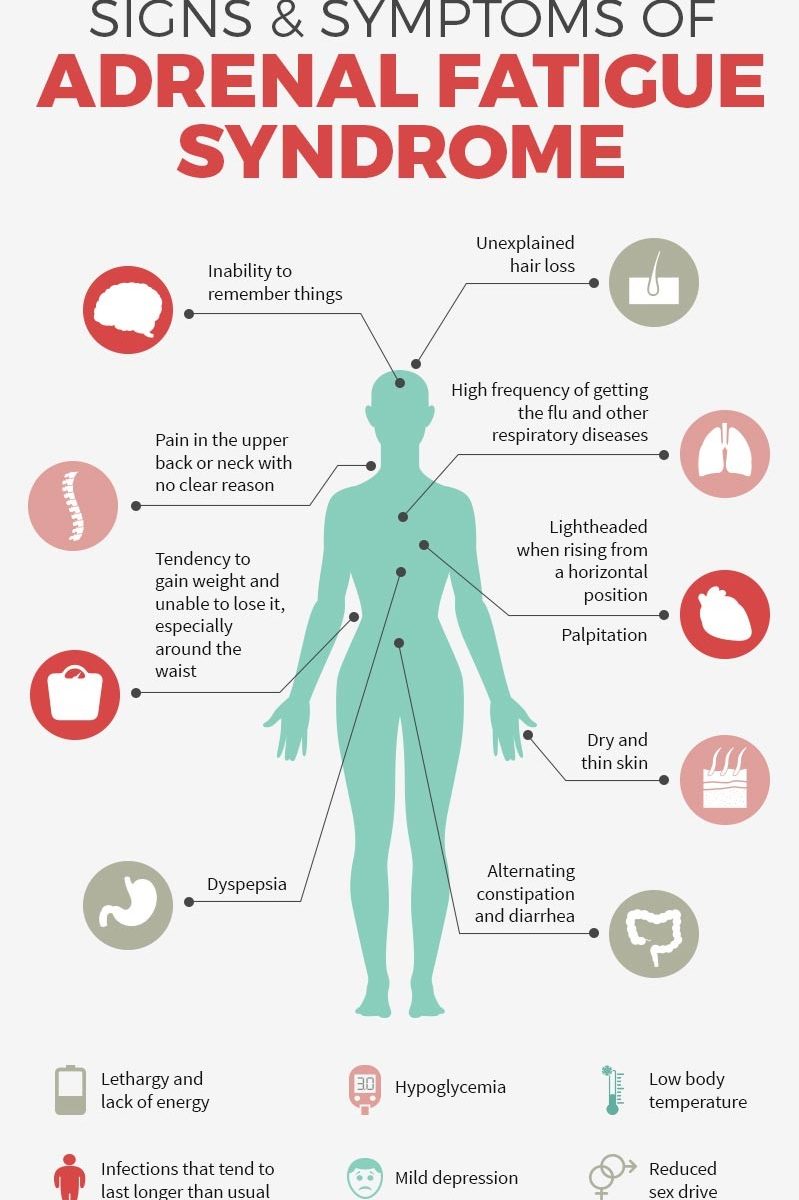Little Sleep and Certain Illnesses and Chronic Fatigue Syndrome Makes a Person Tired

What is Fatigue
Fatigue is usually an indication that we are missing something that could be sleep, oxygen, fluid, exercise. Sometimes the leaden condition also indicates that our body is actively defending itself against something - against germs, for instance, and is therefore increasingly mobilizing the body's defenses. That makes you tired. Very often, everyday problems affecting the mind and body cloud the mood, the inner drive, and the performance. It is a consolation that such fatigue phases, which are often perceived as unpleasant, can be resolved or quickly remedied, the open window, a short walk in the fresh air, a glass of mineral water, or relaxation exercises drive away stressful sagging. The deep health sleep with a cold or flu supports the organism in its recovery work. In certain situations, we even experience being tired as pleasant, for example after a long hike in beautiful scenery or after concentrated, successful work at a desk. The limbs feel heavy, the head is pumped out, but a calming satisfaction spreads. Those who then sleep enough and take the necessary break will feel awake, fit, and productive again.
Persistent fatigue
On the other hand, unusual, persistent, or constant fatigue is often the first sign that something is wrong in the body or the mental state. Fatigue is then a general symptom of the disease, such as fever, fatigue, or sweating. It announces various kinds of disease processes or accompanies them more or less strongly. Often, however, fatigue continues to affect later, for example when the infection has survived and the disease has already healed.When we should start to worry?
* Sleep, relaxation and physical exercise do not remove the inner heaviness * The tiredness lasts longer than you normally know * A phase of tiredness is not replaced by awake, active times * You suddenly become extremely tired without exerting yourself too much * Being tired noticeably burdens your everyday life * The performance drops significantly * Sleep is not restful for a long timeCauses of Fatigue
The question of why we get tired has not yet been resolved. The sequence of wakefulness, being tired, and sleeping follows a body's rhythm. Under its direction, certain neurotransmitters in the brain, certain hormones, and proteins of the immune system are produced and distributed in different amounts as required. Body temperature also changes during the day and night to stimulate wakefulness or tiredness. The times of day, light and darkness are essential external clocks, as are social requirements in everyday life. The personal lifestyle, the professional, and the private situation can cause unrest and shifts in the inner workings bring that often result in inappropriate fatigue. Inside the body, a whole range of factors affects the ups and downs of alertness and fatigue. The brain and other organs must be adequately supplied with oxygen and nutrients, for example, they must be well supplied with blood. Blood circulation, cardiac function, metabolism, hormone production, nerve activities, and immune defense have to work together smoothly. Disorders and illnesses in all of these areas can affect the level of wakefulness during the day and lead to increased fatigue. They also immediately reduce the quality of sleep. Fatigue is an undesirable side effect of several medications that affect blood pressure, brain metabolism, and various nerve functions. Alcohol abuse and drug use also have far-reaching consequences. Feeling exhausted and tired is just one expression among many for the damage that addictions do to the body. This also applies to eating disorders such as anorexia or pathological overweight.
How to fight tiredness?
Improve lifestyle
Everyone who has identified everyday stress and unfavorable living conditions as the cause of frequent, pronounced tiredness should also start here. Changing established habits and behavior patterns can often be difficult, but it is worthwhile for deep well-being. For healthy people who often feel tired and tired, this usually means they need to: * Exercise more physically * Find a healthy normal weight * Improve sleep * Reduce stress * Relax regularlyTreat underlying sickness or diseases
If fatigue is based on a specific illness, treatment is based on this. Movement therapies adapted to the disease generally support medical measures. Because with various heart diseases, for example, or during and after cancer therapy, physical activity in the right form helps to feel fresher and more efficient again. This also applies to mental suffering. Moderate physical training and a well-dosed use of existing energies are also effective measures to overcome permanent fatigue in chronic fatigue syndrome. In addition to a generally healthy lifestyle, psychotherapeutic support, for example with behavior therapy, plays an important role here. References: https://www.medicalnewstoday.com/articles/248002 https://www.webmd.com/balance/how-tired-is-too-tired https://www.medicinenet.com/fatigue/article.htmOriginally posted here: https://hive.blog/hive-148441/@juvyjabian/little-sleep-and-certain-illnesses-and-chronic-fatigue-syndrome-makes-a-person-tired
No comments:
Post a Comment